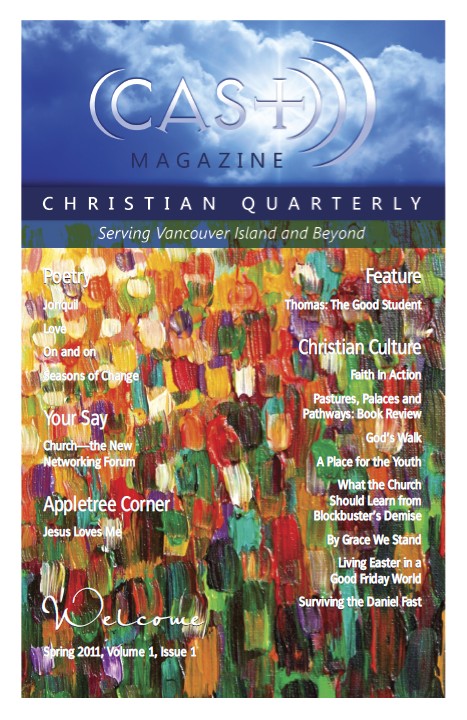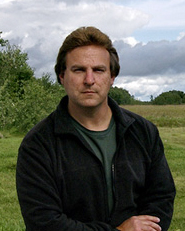Interview with C.A. Chicoine, author of the Gray Locke series.
TB: I am pleased to be joined today by the accomplished American writer Craig Chicoine—author of the Gray Locke series. Welcome, Craig. Please tell us about the Gray Locke series.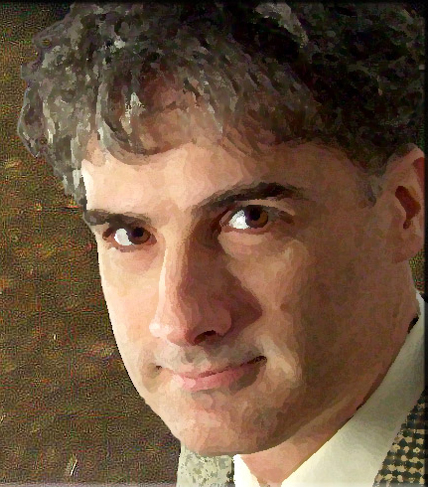
CAC: The Gray Locke series is a modern day hero’s journey, the intellectual and spiritual sort. Ten books are planned, each representing a turning point in Gray’s life. The reader will be able to watch the characters develop and grow over several stories, before coming to the final book in the series, where Gray will perform his heroic deed, completing the hero-cycle.
The series begins with the lead character, Grayson Locke, at the age of ten. In the first book, The Mystery of the Weeping Rocks, the reader learns firsthand about Gray’s wild imagination as he goes about investigating what weeping rocks are during his summer vacation at his grandparent’s house. This is a chapter book ideal for children 7-11 years old. It’s more or less an introduction to the character. However, there is something of great significance that occurs in this story that is expanded upon and further developed in the following books.
The second book, The Witch of Clover Hill, takes place the following autumn at his house. This book is ideal for children 9-12 years old. In this story, much more is revealed about the character and his extraordinary set of circumstances.
The next book, Giants of the Vale, takes place back at his grandparent’s. Gray is thirteen years old in this story. I am currently working on this story, as well as the next one. Obviously, I’ll not be covering every year of his life over ten books. But I hope to select the points in his life that best illustrate what influenced him to make the choices and decisions he’d later make in the final story.
TB: What were your inspirations for writing these books?
CAC: The inspiration for writing this was to express myself and my ideas. This originally started out as a music project back in late 2007. The idea was to collaborate with musicians from around the globe and write songs based on a storyline, the story being about a broken-hearted man with a one-way ticket to the moon.
This all required some research, of course, coordinating a collaborative network. So, after figuring out the logistics, I then focused on the storyline. And that storyline was developing into something big–certainly bigger than I had anticipated.
TB: Why did you want to collaborate rather than create it yourself?
CAC: Because I’m not a musician. I can hear the music and do my best to one-finger it on the keyboard or pluck it out on a guitar, but that simply won’t do. I need musicians.
I had an awesome experience collaborating on another music project as the lyricist around the same time this project was developing. With the right chemistry and resources, a group can accomplish much more than you would on your own. And the feedback is helpful too. Besides, collaborating is about networking too.
However, the songs just weren’t working out. I was working on two songs, but I just couldn’t put any lyrics to them that I was satisfied with. So, by November 2008, I decided to change gears and ditch the music collaboration aspect of it.
TB: How did that segue affect the narrative?
CAC: I was still very much interested in the story. I knew that there was something more there that needed to be explored. So I decided to write the story and present it in a blog.
So, around November 2008, I created the blog and called the story Lonely Satellite. Around that same time I was also going through a very stressful period where I worked. And what better way to deal with something that’s out of your control than to write about it? So, I put our hero out in space, in a manned satellite, and had him write about why he was there.
TB: So, the story of Lonely Satellite was revealed to the public in real writing-time, so to speak—chapter by chapter, with no editing of the piece as a whole?
CAC: Yes. The blog is off-line now, because I want to rewrite it, and also because I didn’t want to give away Gray’s heroic deed before the series was written.
But, yes, the story developed one entry at a time over a period of roughly eight months. I wrote an introduction to give an overview of the lead character, from his aspirations as a child to his present day situation. Then I began writing the story in first-person, as if Gray were writing in a journal. And Gray would write about the events that led him to where he was and what he was about to do. And, honestly, I had no clue where the story was going at first. Each entry was as much a mystery and surprise to me as it was to the reader.
So, I began the blog in late November 2008 and wrote through to January 2009. Then there was a break in writing it. But then I picked it back up in April and wrote straight through to July (2009), when the bulk of the story was actually written.
The blog contained a list of characters, glossary and links of interest that pertain to the story in some way. And the blog also contained one instrumental piece I wrote and a few videos. The videos were supposed to be video transmissions either from Earth or from the satellite, and were role-played by me and two friends. Oh, and there were some other things in there too, such as an excerpt from the satellite’s log, a hidden phrase puzzle and a newspaper clipping. It was great fun.
In the heading of the blog, I wrote, “A WEB-SERIAL FEATURING GRAY LOCKE. HE’S A TECHNICIAN ON A SATELLITE ORBITING THE SUN. STRESSED, AND WITH LITTLE MONEY, GRAY LEFT EARTH TO TAKE A JOB ON SATELLITE 2. THIS OPPORTUNITY GAVE HIM SPACE AND TIME TO REFLECT UPON LIFE, FAMILY AND FRIENDS. ~THIS IS HIS BLOG.~”
After I finished the story, for the last blog entry, (which would be on the top of the page), I wrote, What the critics will be writing! “Gray ‘un-Lockes’ the truth behind the New World Order’s latest tactics!” – Chime Magazine; “Come, read it!” – Rolling Asteroids Magazine; “Propulsive and ambitious!” – PlayDroid Magazine; “Echoes of Carl Sagan and Joseph Campbell . . . educational . . . insightful . . . the new Hero for the 21st Century . . . ” – New New York Times; “Seductive . . . be prepared to have your mind controlled . . . “The Celestine Prophecy” meets “Contact.” – USA Tomorrow; “Science fiction at its best . . . a vividly imagined world of the not too distant future . . . populated with a believable cast of characters . . . Hollywood bound.” – Entertainment Secondly.
TB: I love it! What an innovative marketing convention.
CAC: Yes, thank you! As you can see, I had some fun with it. But the fictitious reviews also helped to define and categorize the story for new readers, giving them something to compare it to.
So, that should give you an idea of what lies ahead in this series. Lonely Satellite will be the last book in the series, re-titled and re-written in third-person . . . I believe.
TB: You and I have briefly discussed the restrictive nature of genre classification, but we also know that identifying one’s genre is key to successful target marketing, as well as just being able to discuss a work intelligently. I find it intriguing that you have suggested that your work falls into the newly-formed genre Visionary Fiction. Can you please introduce our readers to the substance of this genre and how it dovetails with your work?
CAC: The first two Gray Locke books contain elements of mystery, realistic fiction and science fiction, with some historical fiction mixed in. However, the series as a whole? Now, that’s a tricky bundle to categorize.
So, I did an internet search to see what other categories it would best fit under. And that’s when I found Visionary fiction. Author, Michael Gurrian, (whom I’ve never heard of before now), is promoting this genre on his website. And it seemed to fit the Gray Locke series because, using Gurian’s terms, there are mystical experiences, telepathy, visions and visitations from “spirits”, as had been explored in the first two books.
Part of what I’m trying to accomplish with this series Gurrian explained best on his website, “Visionary fiction is fiction in which the expansion of the human mind drives the plot.”
TB: When and why did you decide to start writing?
CAC: The earliest stories I wrote were in a journal for school when I was ten years old. And it was around that time when I began to make up stories to share with my friends around the campfire or in a darkened room.
I hadn’t always written them down. It wasn’t until the poetry came about when I began to record them. And that was only because it was my intent to share them, for the poems were usually written for a particular girl. But, I was very shy and rarely ever did share them, unfortunately.
I began writing poetry–outside of school–when I was about fifteen years old. Then I got into writing lyrics shortly thereafter, which were basically lines that I partially wrote to songs that I liked on the radio or from an album, using their rhyme and meter pattern. So, although they were technically lyrics—verse set to music—I still referred to them as poems.
TB: Craig, this seems to have begun as a cathartic and exploratory exercise; how did it evolve into a sequence of books spanning a readership from children to adults?
CAC: A series of events and ideas influenced the actual expansion of this story to be made into a series.
My youngest son had become involved in a local theatre group and was cast in a couple of children’s musicals. And, watching the rehearsals straight through to the performances . . . the magic, and the emotion and passion … well, I was awestruck, to say the least. That inspired me to want to write a children’s musical.
After rustling with some ideas, it dawned on me that I could write a story about Gray Locke. So, with a stage set in mind, I began writing it, based on some of the flashback scenes in Lonely Satellite. I drafted some song ideas, and did a rough sketch of the stage set.
But, as I was thinking more about it, I found that I was skipping an important event in Gray’s life. In this story, Gray is fourteen years old. But, I needed to start the story back when the real magic began. That’s when the idea of writing a children’s book came to be. And, quite honestly, I knew that I could write the children’s book in less time than it’d take me to write the musical, even though I have never done either one before.
TB: Was the research for this series extensive?
CAC: Yes, very much so. I searched within and reviewed things that I’d written in the past. And I researched subjects in the sciences, mythologies and religions . . . subjects that I have always been fascinated with.
In regards to the sciences, I had a lot of the original story, Lonely Satellite, take place in outer space, aboard a space station for example. And I had to learn as much as I could about how humans live in zero-gravity. And I also had to satisfy my own curiosity—knowing more than I really needed to about a number of things—like how one eats and moves about in zero-gravity. And learn what one has to do to maintain a healthy body and mind in space. And I also wanted to know about communications satellites, and how they’d be used between Earth, and its orbiting satellites, and then out to a space station in the Sun-Earth system. And it goes on and on.
And I got into the mythology and religions of the world because it’s a part of who we are, and what we are searching for, our purpose—if there is a purpose—and knowing our part in the universe. These two seemingly separate subjects aren’t as different as one might suspect. It’s all very fascinating stuff.
TB: To what degree are your fictional characters based in reality?
CAC: With this series, the fictional characters are very realistic in a very real world. But, I also have fun with creatures, and other entities, that I create for Gray’s dreamtime.
TB: What has been your best experience as a writer?
CAC: My best experience as a writer, thus far, is actually having the finished product in my hand–flipping through the pages and seeing the words–and knowing that those are my words. It brings with it a sense of pride and accomplishment.
TB: Is there a different genre you would like to try writing?
CAC: Certainly. I do have a psychological thriller I wrote last year during a break from the series. I left it at its second draft, and it still needs much more work. But, I’d like to return to it when I’m finished with the series.
I also wrote a one-act play script a couple of years ago that I’d like to return to. It’s funny and sad, with some jolts of conflicting emotions in between. And I’d also like to publish a book of short stories, of which I have a number to choose from, sometime.
TB: Do you use an outline or do you write on impulse?
CAC: Both. If the story is going to be long and complicated, I’d create an outline of some sort. For example, with the Gray Locke series, I created a dossier on Gray! And, because I started with the last story first, I had to develop connections between his adult life and what was revealed in the flashbacks as a child growing up. I created a timeline too. It’s all very important to me to keep the facts straight and keep them consistent. It provides structure for me while writing the stories. It’s almost like playing connect the dots and fill in the blanks–only story development-wise.
TB: Can you tell us a bit about your next project?
CAC: That’s too far into the future to be certain, because you never know what opportunities are on the horizon. But, I imagine I’ll be on this series for a number of years. I’d really like to work straight through the series to the end before pursuing my other writing interests.
At this point in time, the first two books of the series have been published. The third story is currently going through a rewrite, and I still need to work on its illustrations and cover as well.
And as I mentioned earlier, I’ve also been working on the fourth story when I can. I’m really looking forward to working full-time on this children’s musical. This story will not only be more challenging for me, but I’ll have come full circle with regards to my earlier ambitions with music.
TB: Describe your ideal surroundings and conditions for writing.
CAC: Peace and quiet. Generally, I write in my room. Everything I need is here; computer and all its components, desk, writing supplies, musical instruments—keyboards, guitars, etc.—chairs and bed.
I’ve tried writing elsewhere, like in the summer house for example. And I’ve tried to write by the ocean, but it just didn’t work. It seems I take those moments and have to bring them home. And it is here where they are reflected upon and processed, and then churned into poems, lyrics, songs or stories.
TB: Have you ever co-authored a piece?
CAC: A friend and I created a “sandbox” for just that thing. It’s for our own enjoyment and challenge. She had an idea and some characters in mind. I created the setting, and helped develop a couple of the characters. The story is still a work in progress, with no intentions to publish it at this time. It’s still too early to tell how the collaboration is working out. But it’ll be interesting to see how it does develop.
TB: What are your quirks and do they influence your writing?
CAC: Well, for the first book I wrote, The Mystery of the Weeping Rocks, I wrote the first draft in a particular room. I also wrote the initial outline for the second book and fourth story as well.
As I got to work on filling in more details, I’d hold onto a small piece of marble from an old quarry that is featured in that book for inspiration.
For the second book, The Witch of Clover Hill, I had marbles that I’d toy with whilst thinking about the story. (Marbles play a small part in the second book.)
However, for the third book, I’m afraid I have no comfort object to fall back upon for inspiration. (Maybe that’s why I’ve been struggling with this third story so!)
Other than those quirks with those specific books, sometimes I come up with ideas to add to whatever I happen to be working on at the time while taking a shower. Also, when I’m driving a distance something will pop into mind and I’d jot it down.
Early on, (pre-2004), I used to walk around or pace the floors while thinking.
TB: Please share with us a little-known fact about you which others might find interesting and or entertaining.
CAC: Although the series is fictional, I actually look up the weather forecast history for the days and places that I write about in the stories. Sometimes the weather plays a factor in a scene, other times it doesn’t.
TB: What advice can you share with writers who are just starting out?
CAC: If writing is your passion, then I won’t have to tell you to write–for it’s as natural and necessary as breathing. But I would encourage writers to take advantage of the tools and mediums around you. Start a blog or create a website. If you’re in school, and they have a newspaper, get involved. Just keep at it and never stop learning and growing.
Reading reviews of your work takes a shift in mind to deal with and understand them better. The first thing you need to keep in mind is, not everybody is going to like your stories. If the review contains criticisms, try to learn from them. They may offer some insight to help better your next story. Hopefully the reviewers will provide an example from your work to help illustrate their point. And, where you do right, flow with it.
TB: Briefly share your thoughts on traditional publishing vs. indie.
CAC: When I first considered becoming a writer as a serious occupation, back in high school, the traditional publishing was all there was. And it was certainly an intimidating looking world. Going to college was the only option I saw at the time. But, I was too distracted with following my dream . . . the music one.
When I finally did decide to write a book, in 2009, the self-publishing thing was soaring. A friend of mine had just released a book at that time, and he recommended CreateSpace.
It’s a lot to learn. And marketing is quite the challenge. But, it was one way of making it happen. And, so far, I’m glad I chose it.
TB: What challenges did you face self-publishing your books?
CAC: For me, there were a lot of challenges. The most challenging task that I still have to deal with is not having an editor. Having an editor or two to untangle my knotted sentences would be ideal. That’s the one thing, aside from marketing, that the major publishers have over self-publishers. It would not only make my life easier, but I’d probably be releasing the books much sooner. Of course, I could always hire a freelance editor. But that’s a process in itself as well. And it costs more money.
Come to think of it, I did try-out an editor with the first book. I sent out a chapter to sample his editing skills. And when I got it back, it was horrendous! You’d think he’d do his best to try to impress me to get the job! But I’m afraid he had just the opposite effect. So, I decided I’d do it myself.
The other challenge is with the illustrations. I couldn’t sketch, draw or paint if my life depended on it! Again, with the first book, I looked into hiring an illustrator, but that didn’t work out either. So, I resorted to learning how to use Adobe Photoshop. What I did was manipulate and arrange photographs I had taken and used them for the illustrations and the covers. It’s a little more work for me, but I take pride in knowing that I was able to illustrate the books myself.
The other challenges, regarding the self-publishing process, was setting up the publishing business—Satellite 2 Music—and learning about barcodes, ISBN’s, PCIP’s, etc. It was all very interesting to learn and know, but also daunting and very time-consuming.
TB: Today we’ve learned of your investigation into the fields of graphic arts, songwriting, playwriting and poetry—all of this in addition to being a novelist. Tell me, please, do you consider yourself to be an artist?
CAC: What is an artist? This is a person whose pursuit is so widely defined that anyone could qualify as being an artist. But I’ll do my best to answer this question by offering up my definition.
An artist is someone whose mastery of his muse has been demonstrated, and by custom a professional and is established in a career in their chosen field.
So, based on those criteria, I am not an artist.
I am not even sure I’d consider myself a novelist at this point. (The second book barely reached 56,000 words.)
I’m an author, am I not?
Again, it all comes back to semantics. What is an author? Beyond its legal significance, I’d say it’s in the same boat as artist! So then, where does that leave me now? It puts me in the company of other non-professional authors, writers and artists.
I think a more suitable term would be DIY. That would cover a wide range of skills! So, there it is. I’m a do-it-yourself artist.
TB: The variety of your artistic involvement in all aspects of the creative process is impressive. Thank you, Craig, for painting such a powerful sketch of your series—Gray Locke—and your imaginative journey. And, despite your creative bashfulness, I consider you an artist.
CAC: Thank you for this interview, Terre. It’s an honor for me to be associated with not only you and your husband’s work, but also with the other wonderfully talented and inspiring authors that you’ve interviewed here on Author’s Dialogue.
TB: . . . and a gentleman. Thank you.
About C.A. Chicoine
C.A. Chicoine realized his gift for writing stories at the age of ten when, after sharing what he wrote in his journal for English class, he was told that he had quite the imagination. He had to write one entry each week. So he filled it with original short stories, news articles, and jokes that he had heard or read. By age fourteen, he had expanded his repertoire to include poetry and lyrics. He wrote articles and poetry for his high school newspaper and wrote articles before becoming editor of his college newspaper.
His dream early on, however, was to be a singer. To him, singing was an expression that went beyond words. In his mind, he’d visual grand productions. But, as fate would have it, it did not come to pass. As the music lay dormant in the back of his mind, he worked at various jobs over the years–from the human services to manufacturing–got married and had two children.
By 2004, divorced and sharing custody of their two children, he had a new lease on life that would spark the most creative period of his life to date. It was during this period when he began to create websites, blogs and Internet forums that espoused some of his varied interests, including local history, wildlife, fan-fiction, art, and–of course–music. This not only gave him a medium to which to express and share his ideas with others, but it also helped him to hone in on his creative ability and begin to develop a distinct identity.
In 2008, he began work on the Gray Locke series. The book series invites the reader to glimpse into the life and times of this original character from childhood through to adulthood. And as the character grows and develops, so too does the reading level. Gray Locke is a fictional character of the late twentieth and early twenty-first century who–through his trials and tribulations–unravels the mysteries of the world around him, and discovers his place in this universe.
C.A. Chicoine resides in Massachusetts where he spends his time writing books, poetry, lyrics and music.
Gray Locke related websites:
The Gray Locke Portal | Gray Locke blog | Gray Locke Facebook page | Gray Locke on Twitter | Triple-Helix Space Colony
Videos:
Excerpts read from the first book of the Gray Locke series titled, “Gray Locke: The Mystery of the Weeping Rocks,” by C.A. Chicoine.
A brief overview with select excerpts read from the second book in the Gray Locke series titled, “Gray Locke: The Witch of Clover Hill,” by C.A. Chicoine.
C. A. Chicoine’s personal websites:
Web Site | Blog | Twitter | Satellite 2 Music
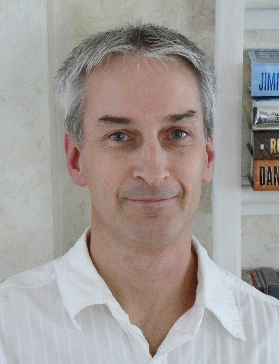 how exciting it would be to give it a try. I wrote a few flash fiction pieces that several people seemed to like. Once I began, writing became a serious passion for me. I hope to write full-time within the next five years.
how exciting it would be to give it a try. I wrote a few flash fiction pieces that several people seemed to like. Once I began, writing became a serious passion for me. I hope to write full-time within the next five years.the locales his characters traverse lends a richness unattainable by simple research alone. The author also maintains a keen eye on geopolitical events, pushing the envelope to make his novels come alive. His fiction is based on the real world and the hidden truths buried beneath its surface.

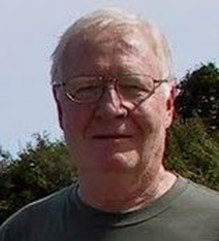
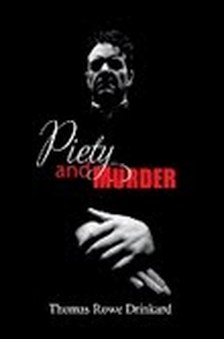
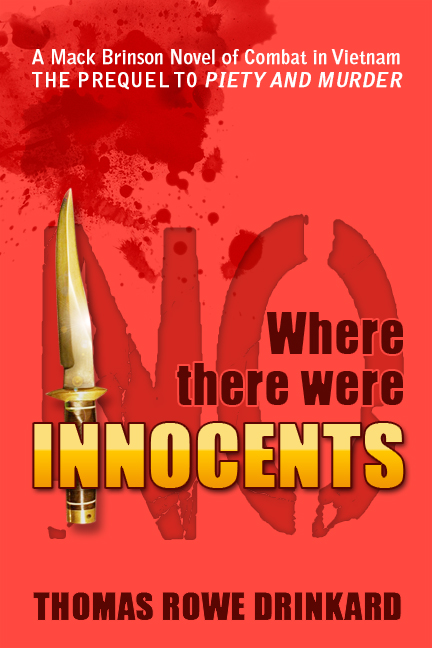
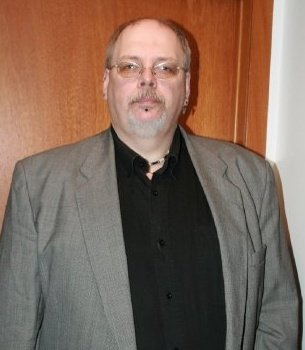 column for them. I wrote a sample three-parter, which they ran as one column. I ended up doing a 1,000 words a week on sports for the next decade.
column for them. I wrote a sample three-parter, which they ran as one column. I ended up doing a 1,000 words a week on sports for the next decade.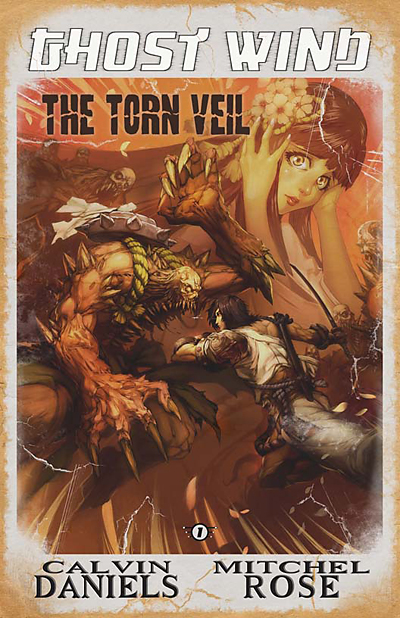 Editor. During his time at YTW he has earned 25 Saskatchewan Weekly Newspaper Association Awards, as well as numerous honorable mentions. During his career he has also freelanced extensively, to more than 150 publications in eight countries.
Editor. During his time at YTW he has earned 25 Saskatchewan Weekly Newspaper Association Awards, as well as numerous honorable mentions. During his career he has also freelanced extensively, to more than 150 publications in eight countries.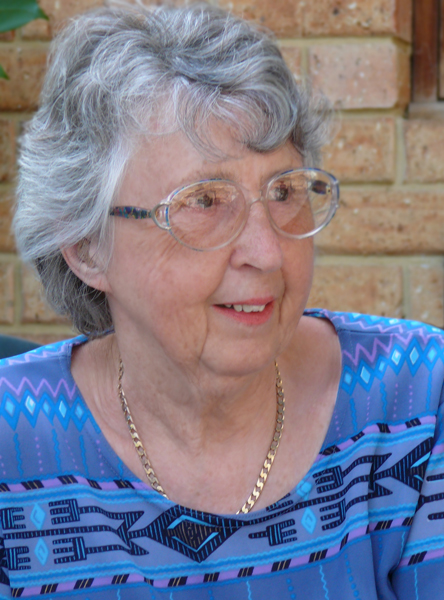 interesting journeys throughout your life; besides growing up in Britain and moving to Australia, can you please share with us the beginning of your writing career? When and why did you decide to start writing?
interesting journeys throughout your life; besides growing up in Britain and moving to Australia, can you please share with us the beginning of your writing career? When and why did you decide to start writing?
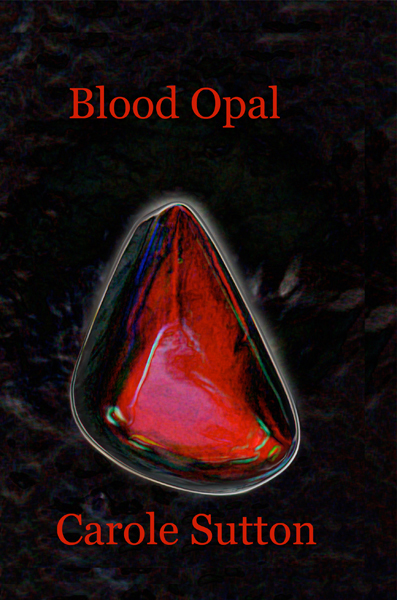 memory is the sound of bombs dropping during the Exeter blitz and the house on fire. After the war she remained with her aunt and enjoyed an idyllic childhood with a pony and other animals around her. Convent educated, she was a natural when it came to writing compositions.
memory is the sound of bombs dropping during the Exeter blitz and the house on fire. After the war she remained with her aunt and enjoyed an idyllic childhood with a pony and other animals around her. Convent educated, she was a natural when it came to writing compositions.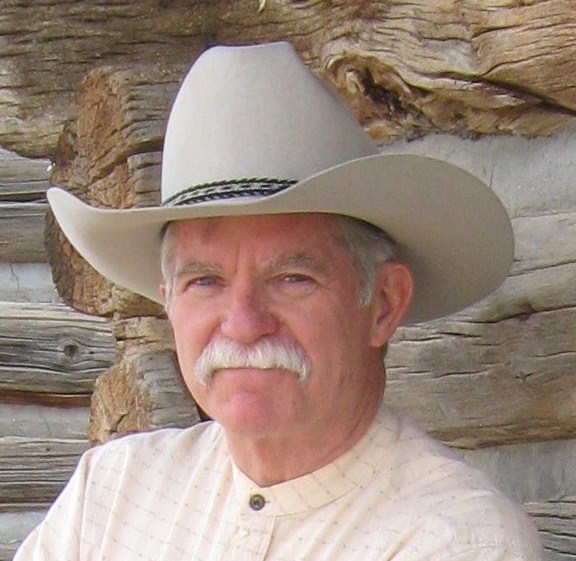 you and your work. I also learned, through an insightful article by
you and your work. I also learned, through an insightful article by 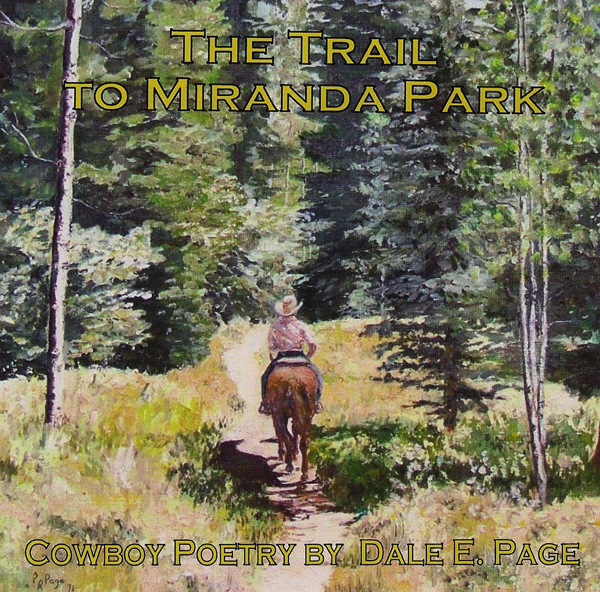 State University, he worked as a horseshoer, dude wrangler, bull rider, and on the movie set of “The Cheyenne Social Club.” He combined his formal training in English with his horseback experiences in the wilderness areas of New Mexico and began writing cowboy poetry in 1975.
State University, he worked as a horseshoer, dude wrangler, bull rider, and on the movie set of “The Cheyenne Social Club.” He combined his formal training in English with his horseback experiences in the wilderness areas of New Mexico and began writing cowboy poetry in 1975.

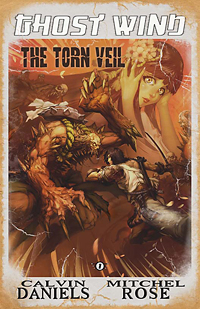
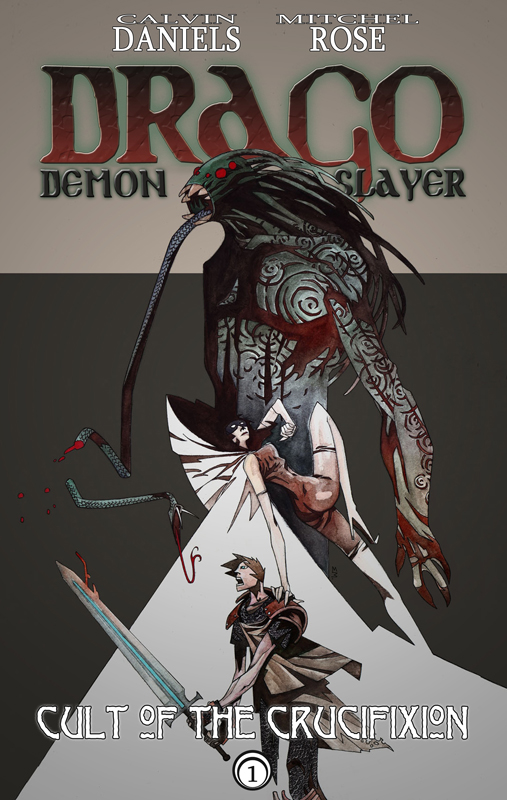
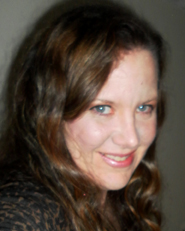 elementary school project when I was about nine years old. I loved doing it, and I received an excellent grade!
elementary school project when I was about nine years old. I loved doing it, and I received an excellent grade!